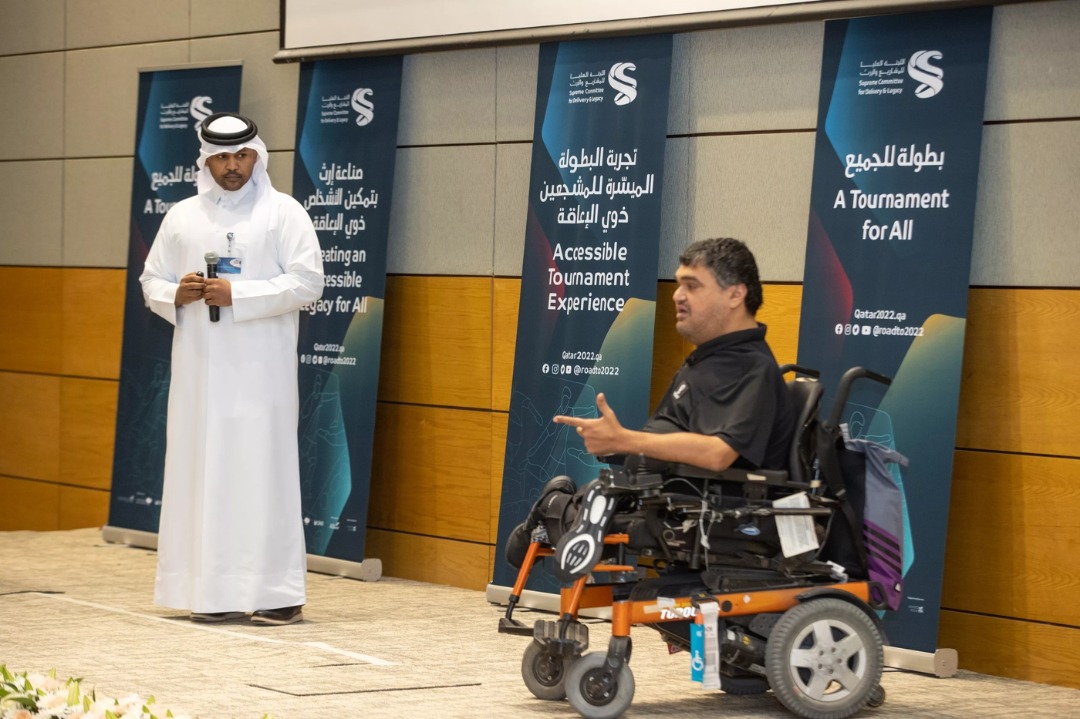We use cookies to help you navigate efficiently and perform certain functions. You will find detailed information about all cookies under each consent category below.
The cookies that are categorized as "Necessary" are stored on your browser as they are essential for enabling the basic functionalities of the site. ...
Necessary cookies are required to enable the basic features of this site, such as providing secure log-in or adjusting your consent preferences. These cookies do not store any personally identifiable data.
Functional cookies help perform certain functionalities like sharing the content of the website on social media platforms, collecting feedback, and other third-party features.
Analytical cookies are used to understand how visitors interact with the website. These cookies help provide information on metrics such as the number of visitors, bounce rate, traffic source, etc.
Performance cookies are used to understand and analyze the key performance indexes of the website which helps in delivering a better user experience for the visitors.
Advertisement cookies are used to provide visitors with customized advertisements based on the pages you visited previously and to analyze the effectiveness of the ad campaigns.

With two weeks to go before the kick-off of the FIFA World Cup Qatar 2022™, organizers presented accessibility options at a special event. Members of the disability community as well as key leaders from the Supreme Council for Handover and Legacy (SC) and FIFA were on hand at Qatar Foundation's (QF) Multaqa Student Center to go over in more detail how accessibility fits into the preparations for the global event.
This 2022 edition will mark several decisive advances for disabled fans. For example, all matches will be shown in audio description, in Arabic. The stadiums are also equipped with sensory rooms open to all those who need them. In addition, the new stadiums have been designed to meet the highest standards of accessibility, including parking, seating, toilets and shops.
Alongside FIFA and FIFA World Cup Qatar 2022 LLC, the SC has worked to prioritize accessibility issues throughout the preparation process, in line with the FIFA™ World Cup Sustainability Strategy.
As such, the SC launched the Accessibility Forum back in 2016. Its members played a key role in commenting on the various infrastructure projects. Thanks to them, the SC has not only been able to meet FIFA's accessibility and inclusion standards, but also advance the cause of disability rights in Qatar.
"Our commitment to accessibility has been there from the very beginning of this great adventure and has never been questioned. We have not only actively worked to ensure that our stadiums and venues meet accessibility standards, but we have also engaged with the disability community to ensure that the World Cup leaves a lasting legacy well beyond the competition," said H.E. Hassan Al Thawadi, Secretary General of the SC.
Available to spectators in the stands, audio description is also available to fans around the world in Arabic and English through a mobile application. During the tournament, sensory rooms will open in Al Bayt, Lusail and the Education City Stadium.
These rooms will allow people to watch the matches in a quieter space, equipped with all the necessary technology and managed by professionals. No major international competition has ever had this kind of deployment. "FIFA wants to provide an inclusive and accessible service infrastructure for all, including fans with disabilities or reduced mobility. For several years, we have been working with the SC to ensure that all new stadiums and training venues for the 2022 World Cup are accessible to people with disabilities or reduced mobility.
FIFA's accessibility requirements are an important part of the planning process," said FIFA President Gianni Infantino.
Faisal Al Kohaji, a member of the Accessibility Forum and President of the Qatar Socio-Cultural Club for the Blind, is pleased that the country did not wait for the opening match on 20 November at the Al Beyt stadium to benefit from this progress.
"The advances made in the accessibility sector since Qatar was named the host country for the World Cup have changed the lives of many people. We now have a modern transportation network that is adapted to the needs of all audiences. In museums, shopping malls and public spaces, accessibility has improved tremendously," says Al Kohaji.